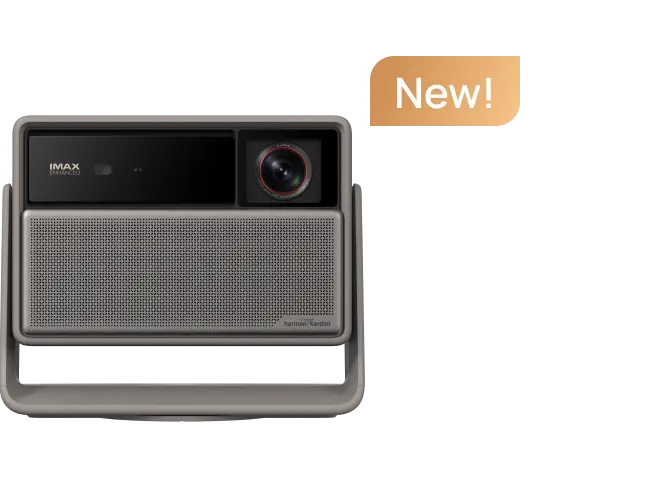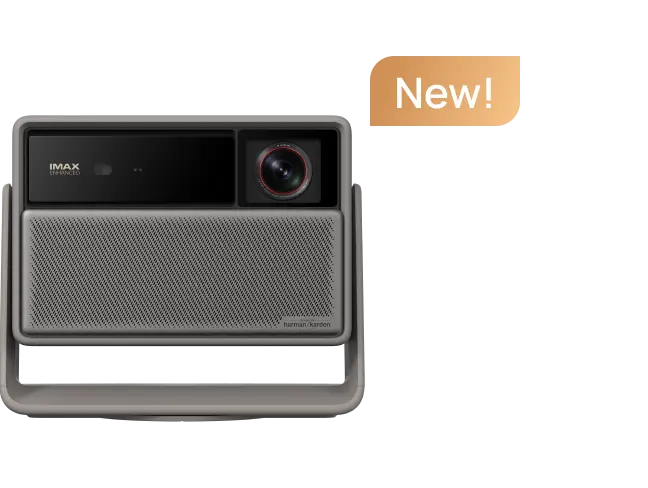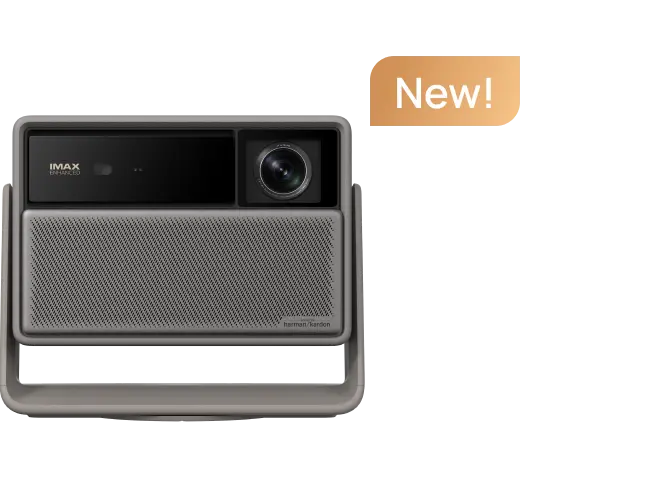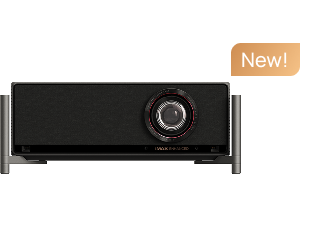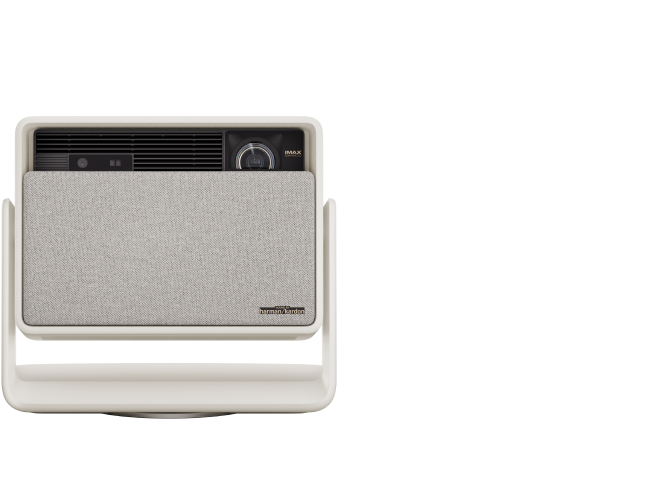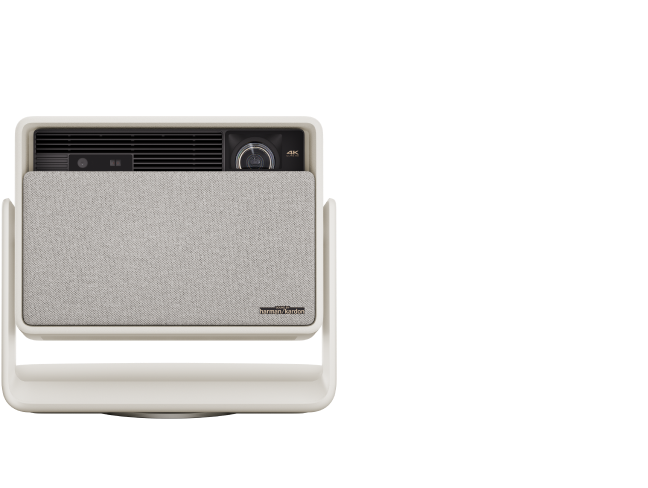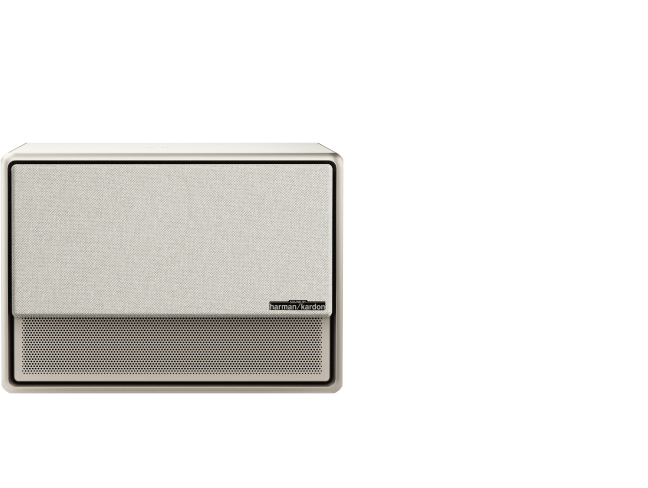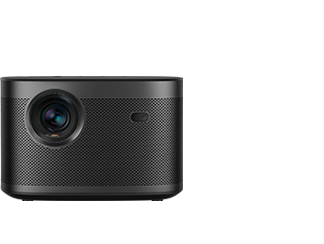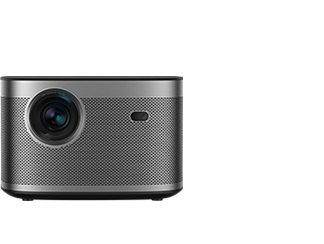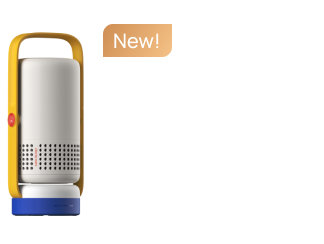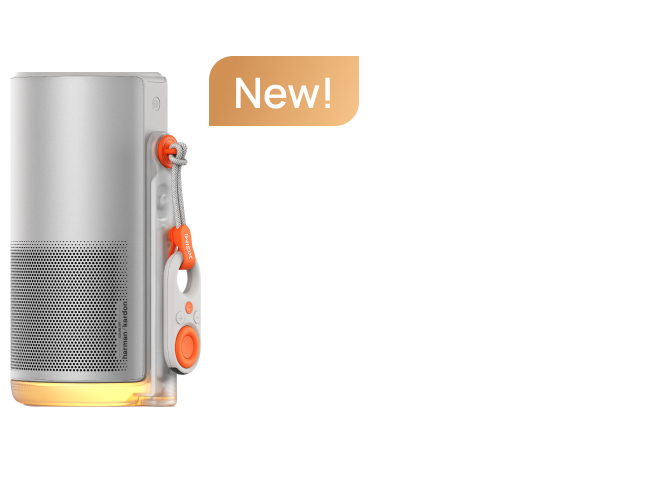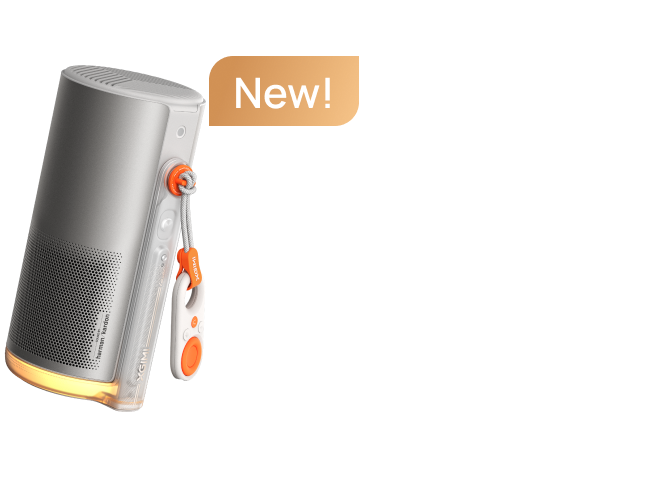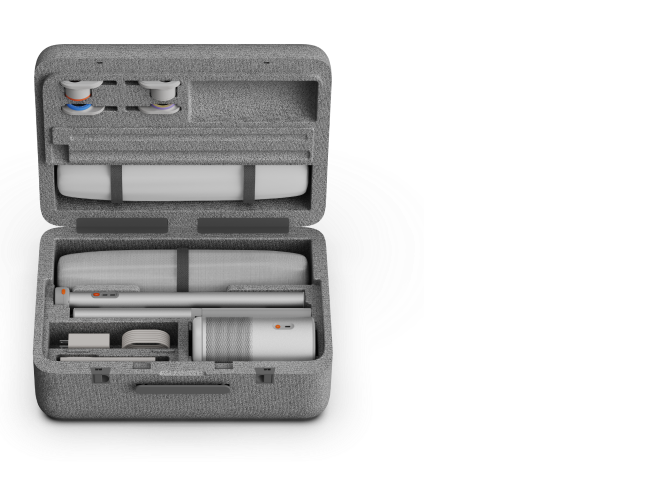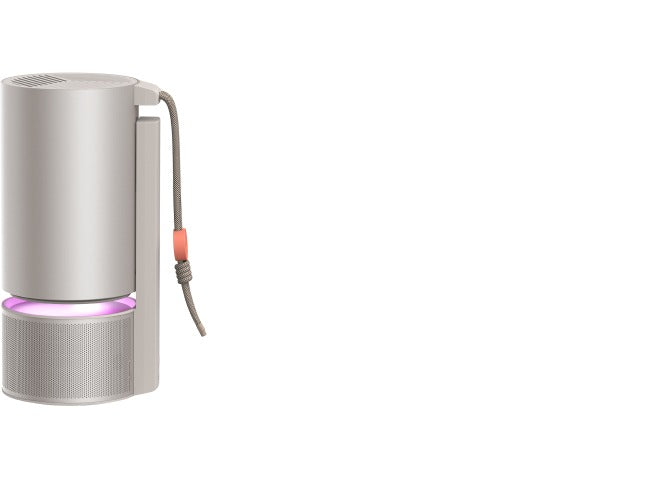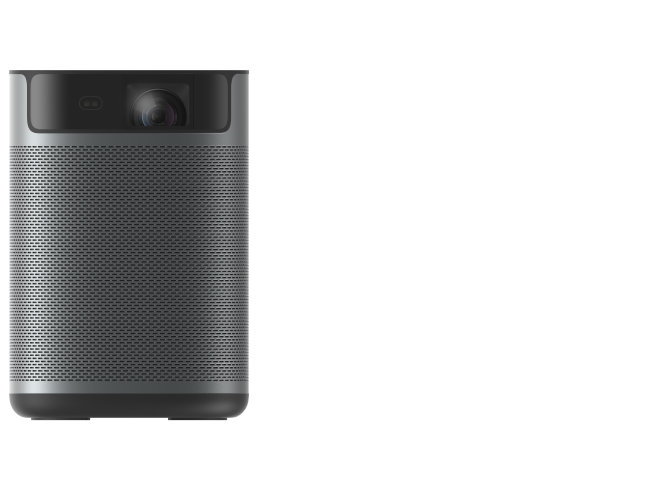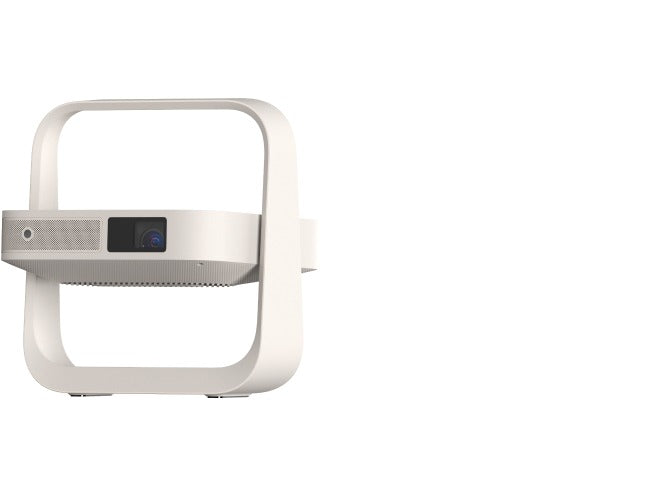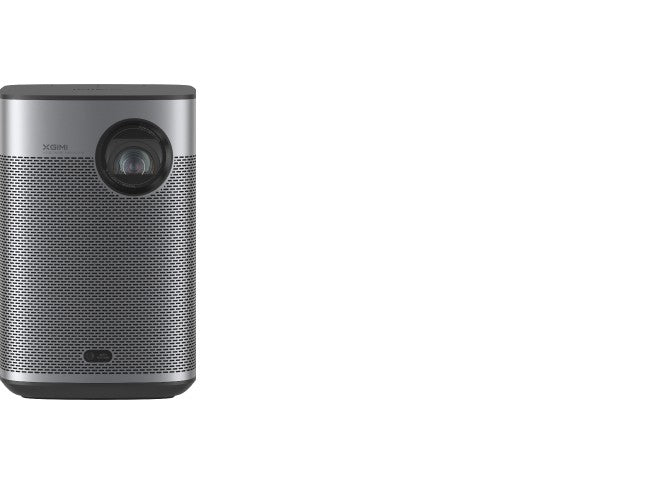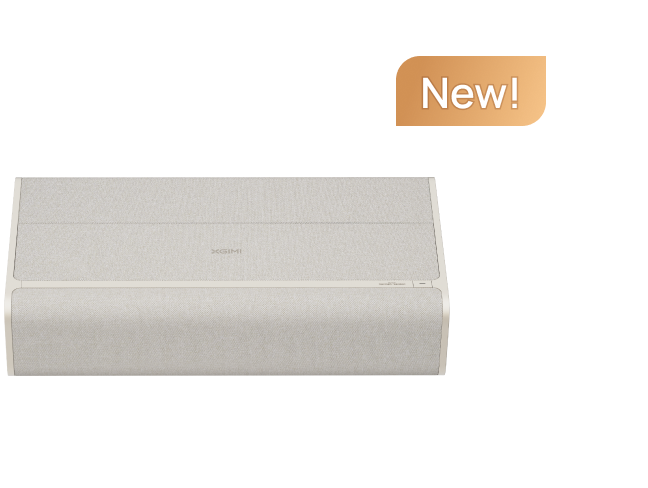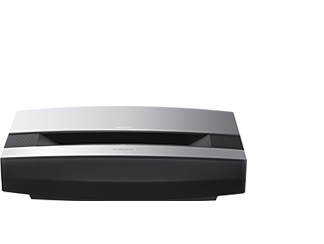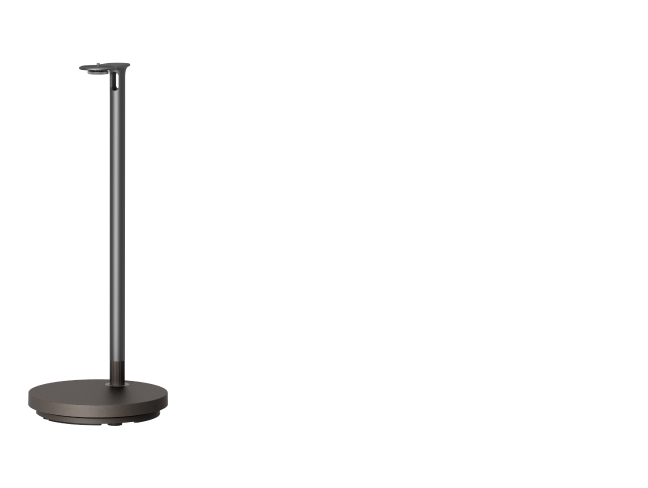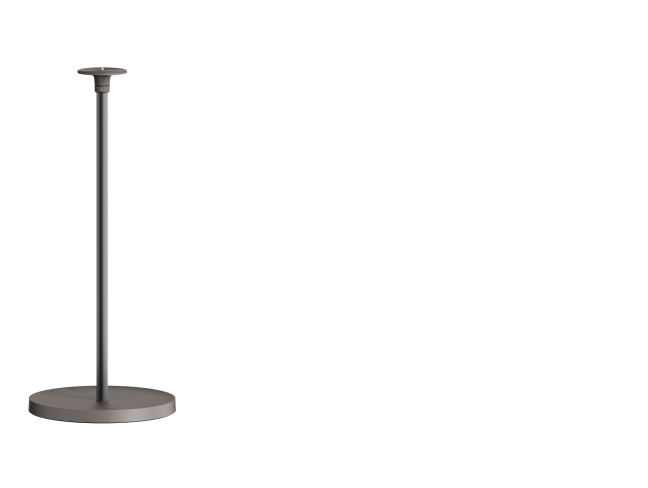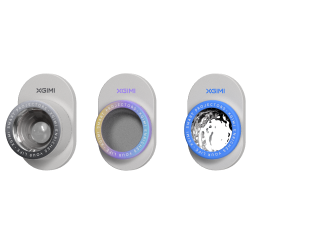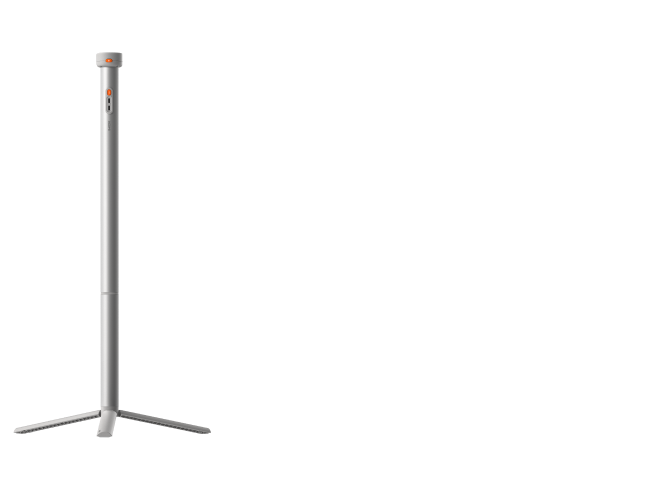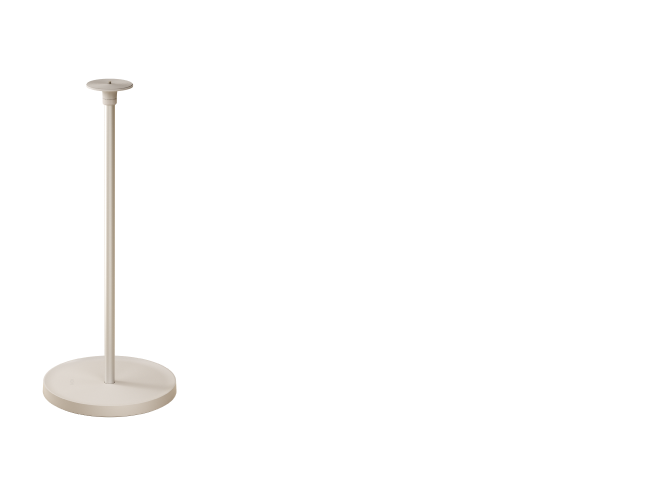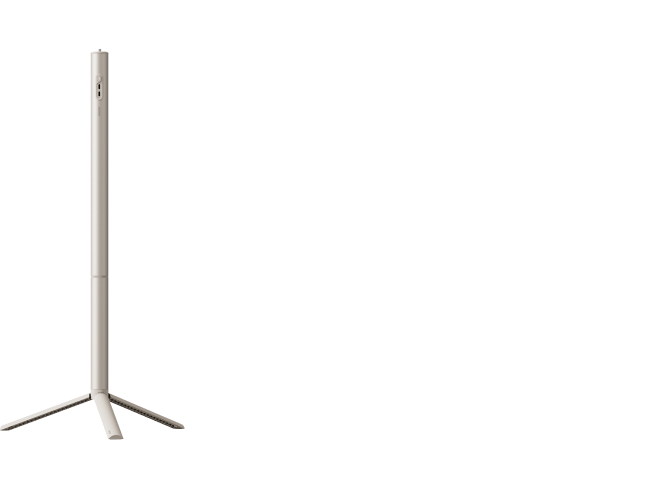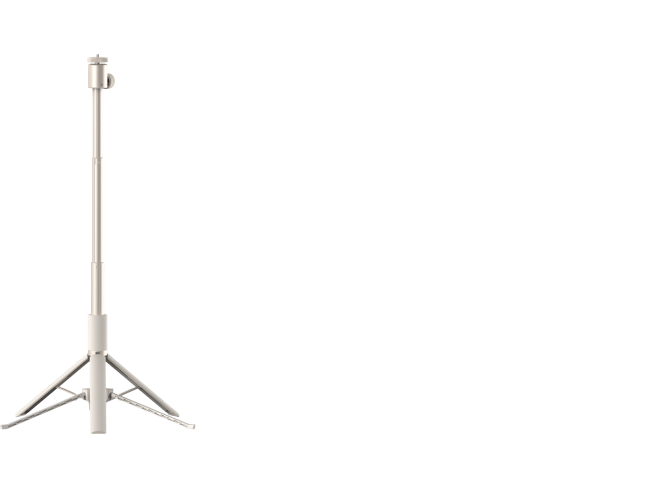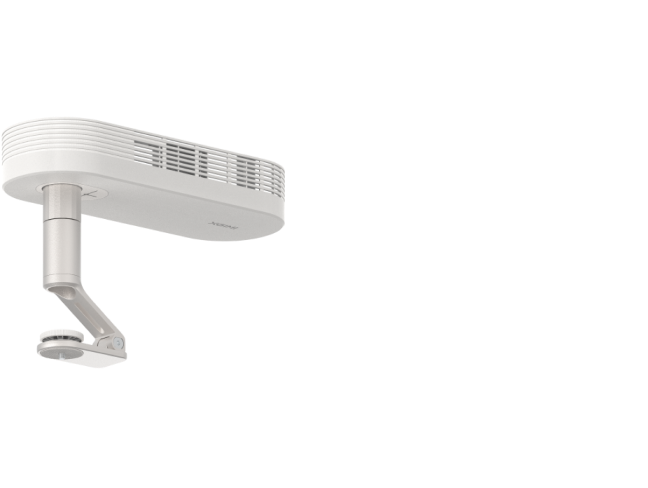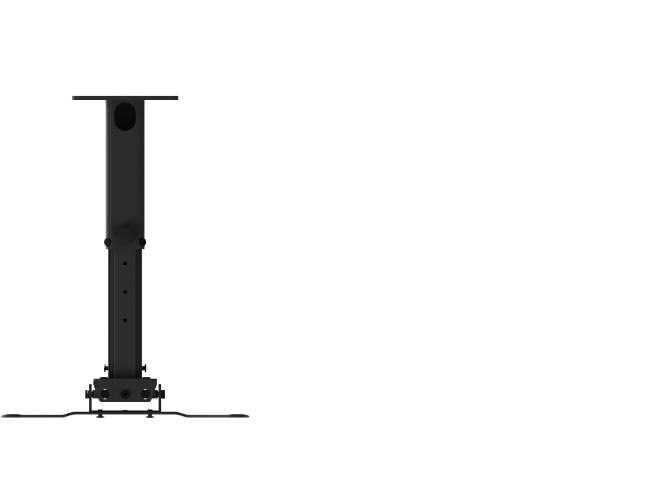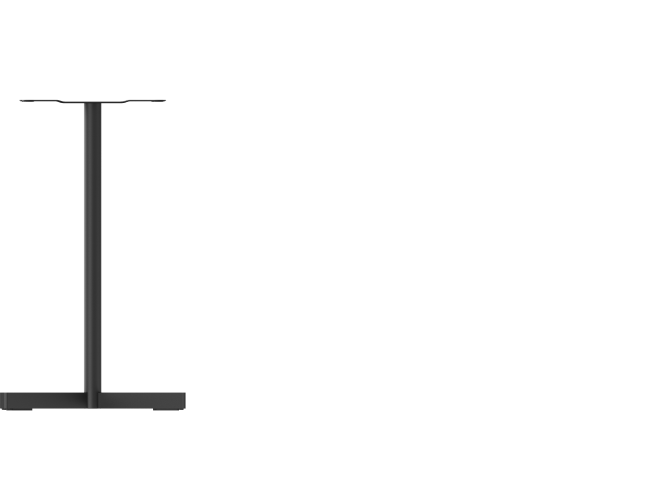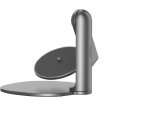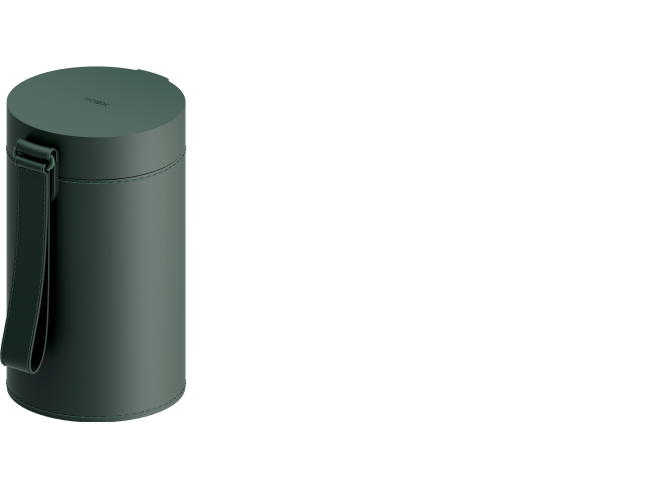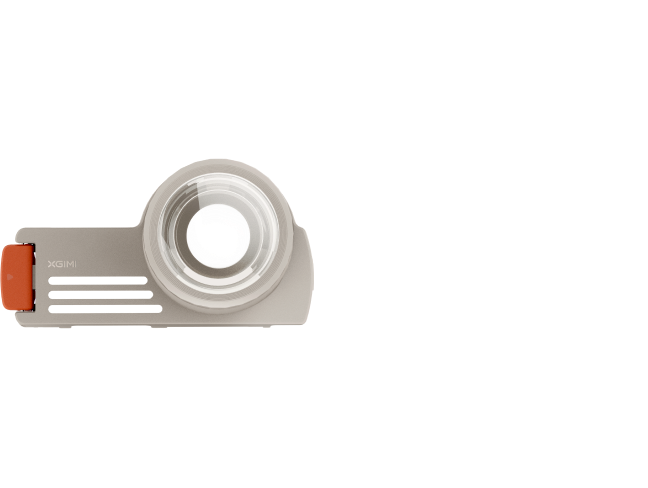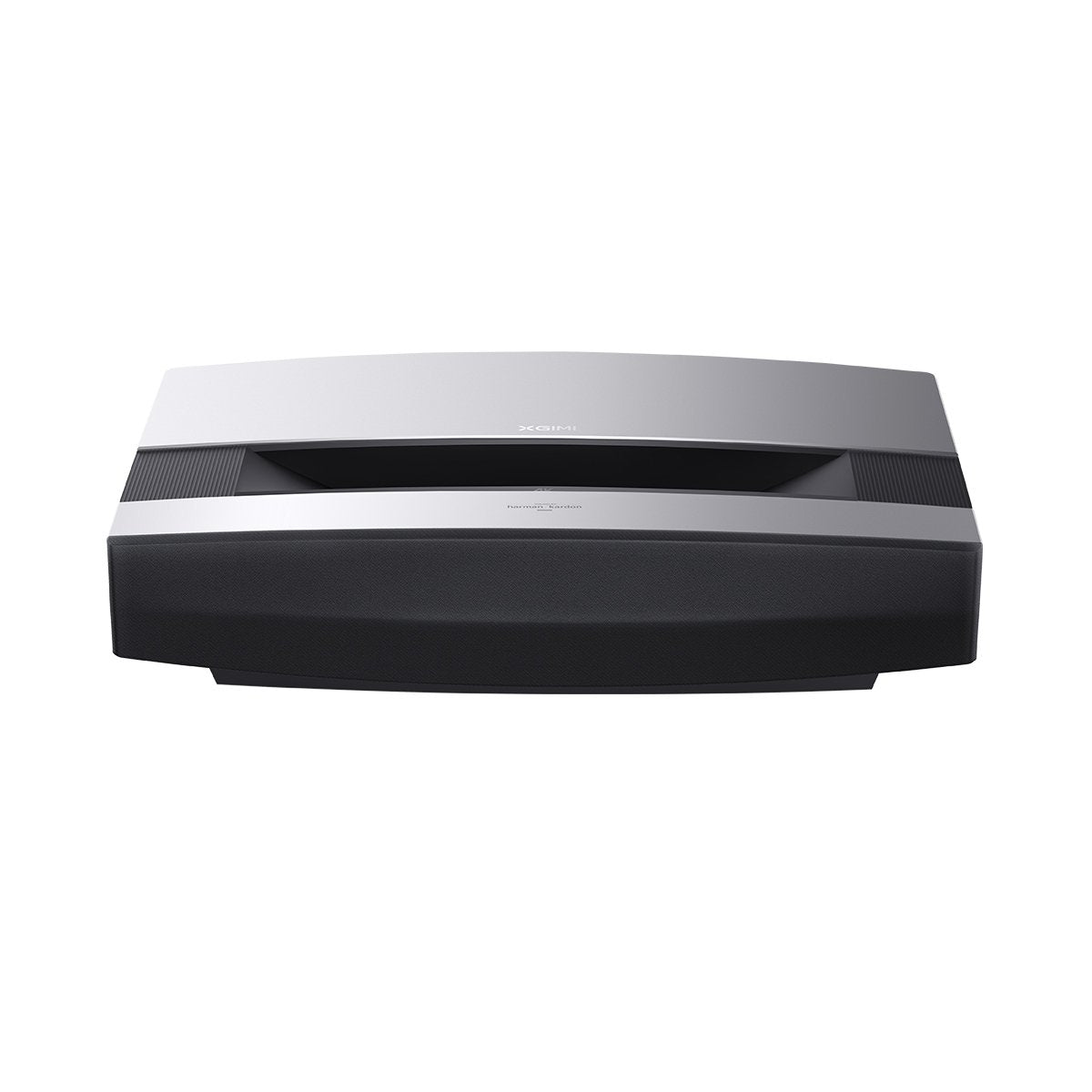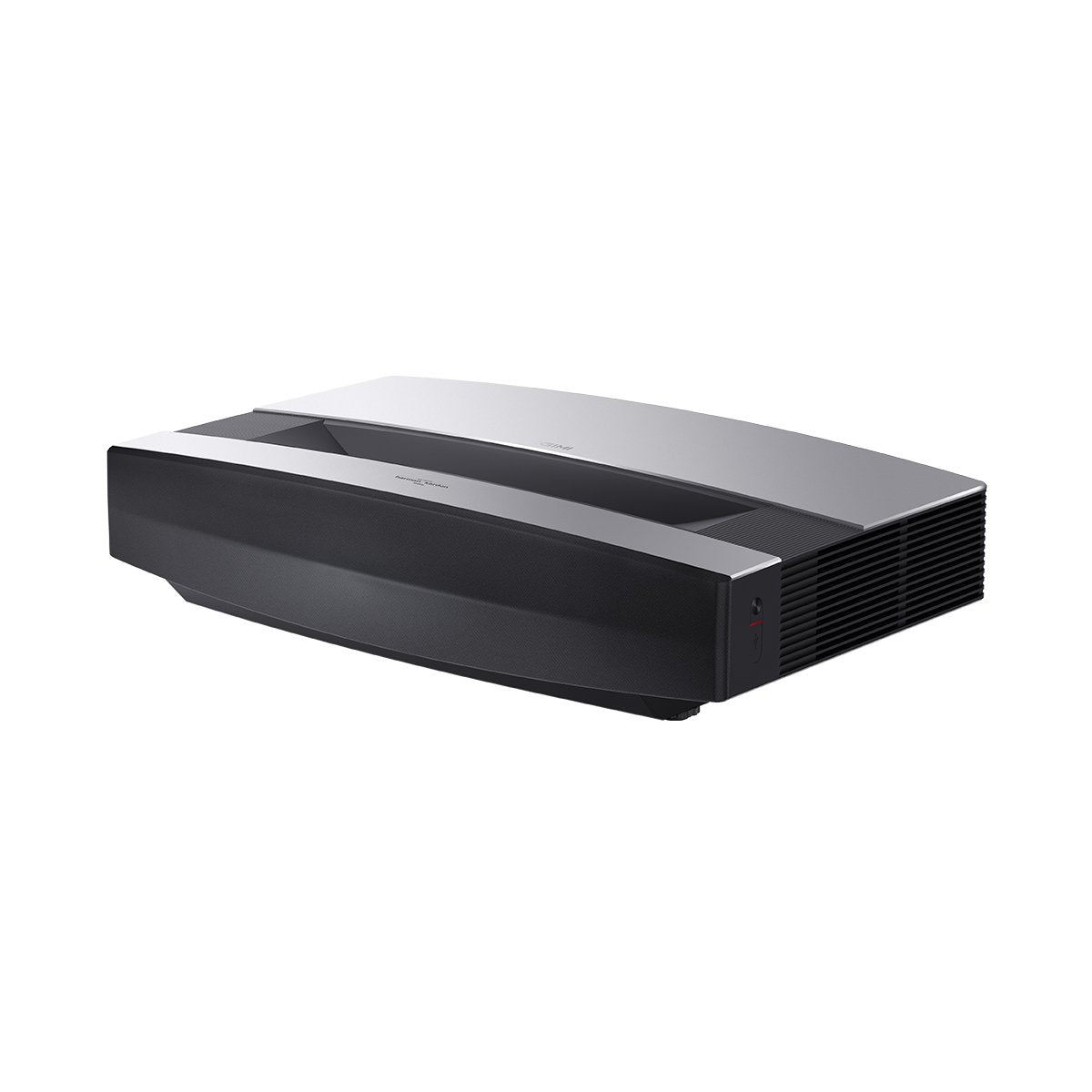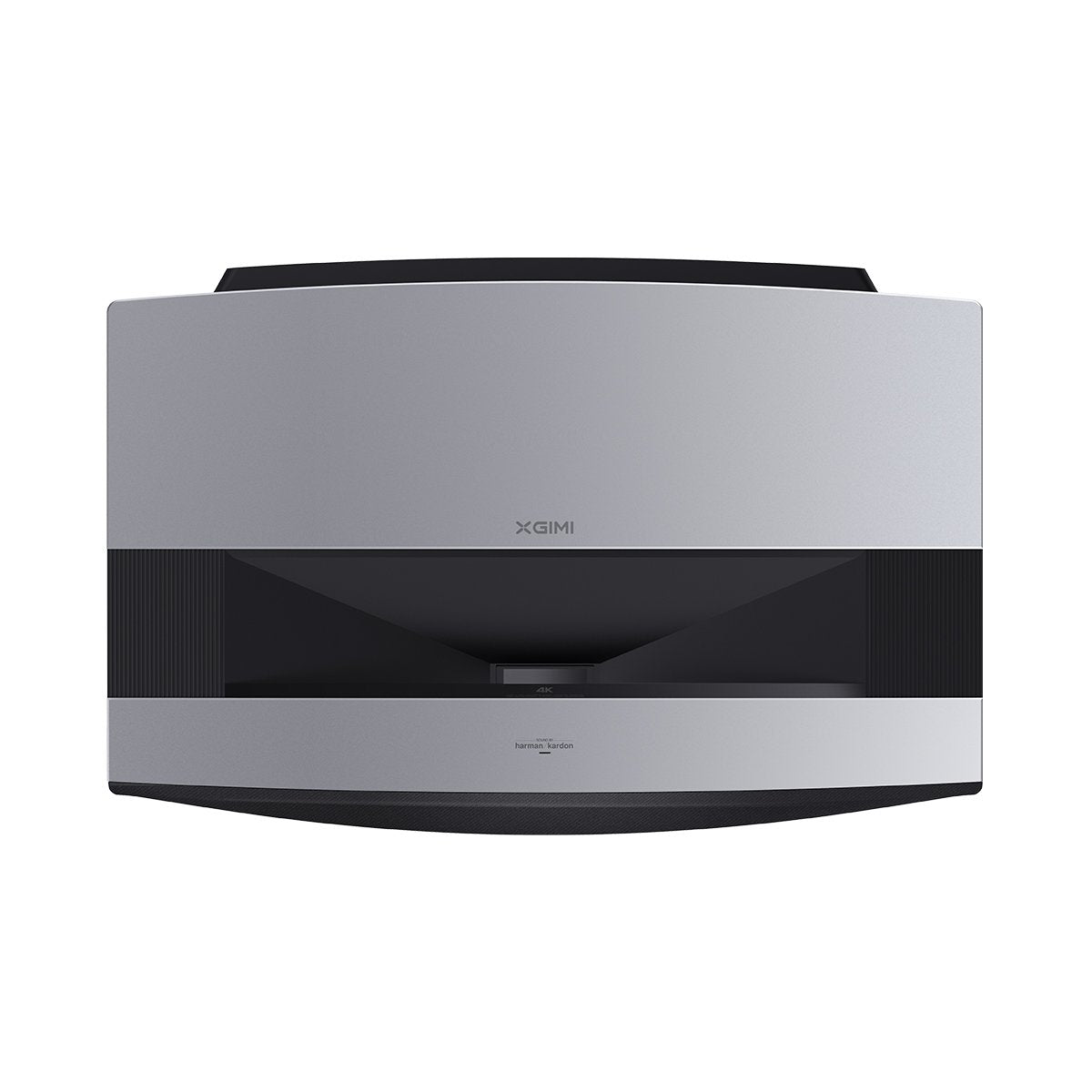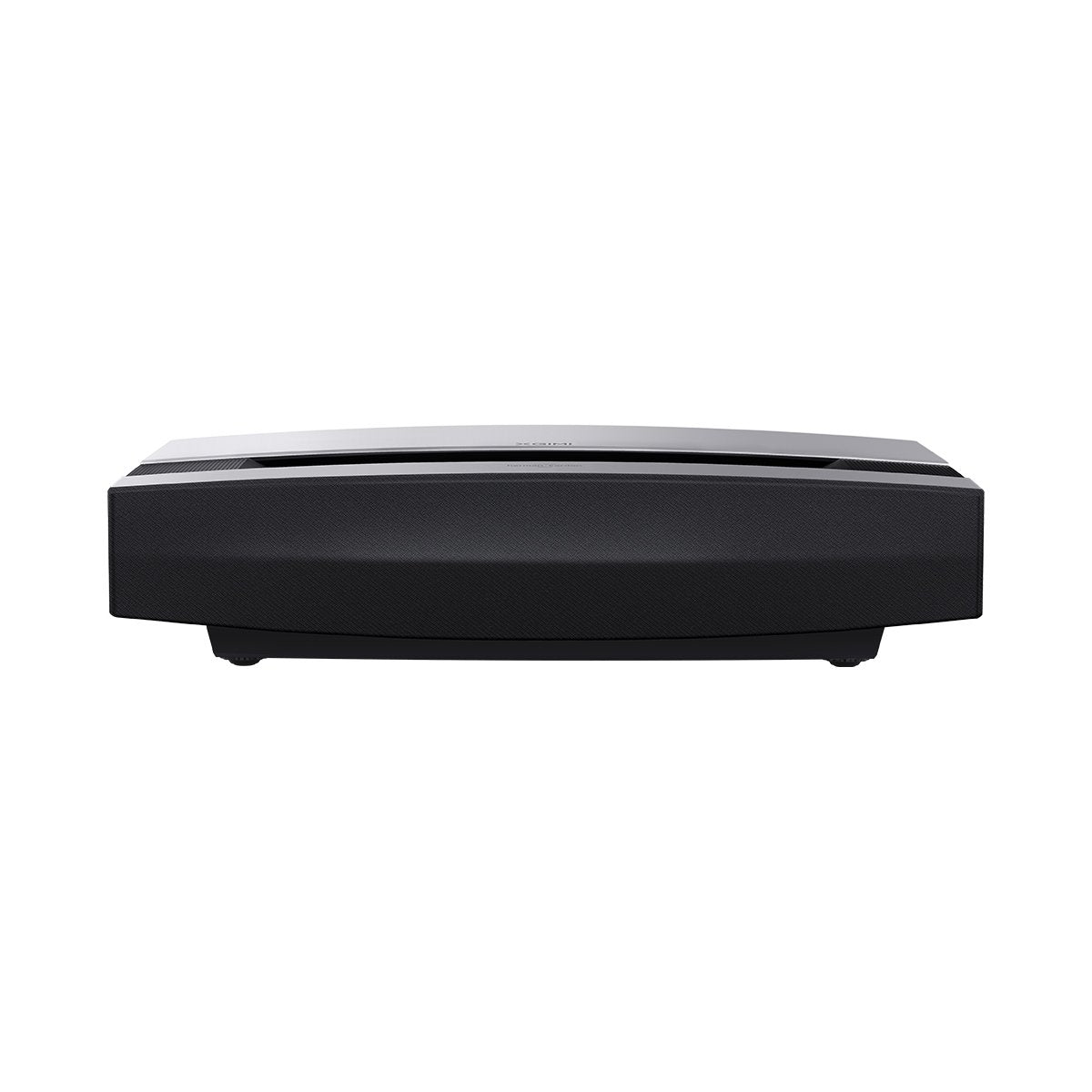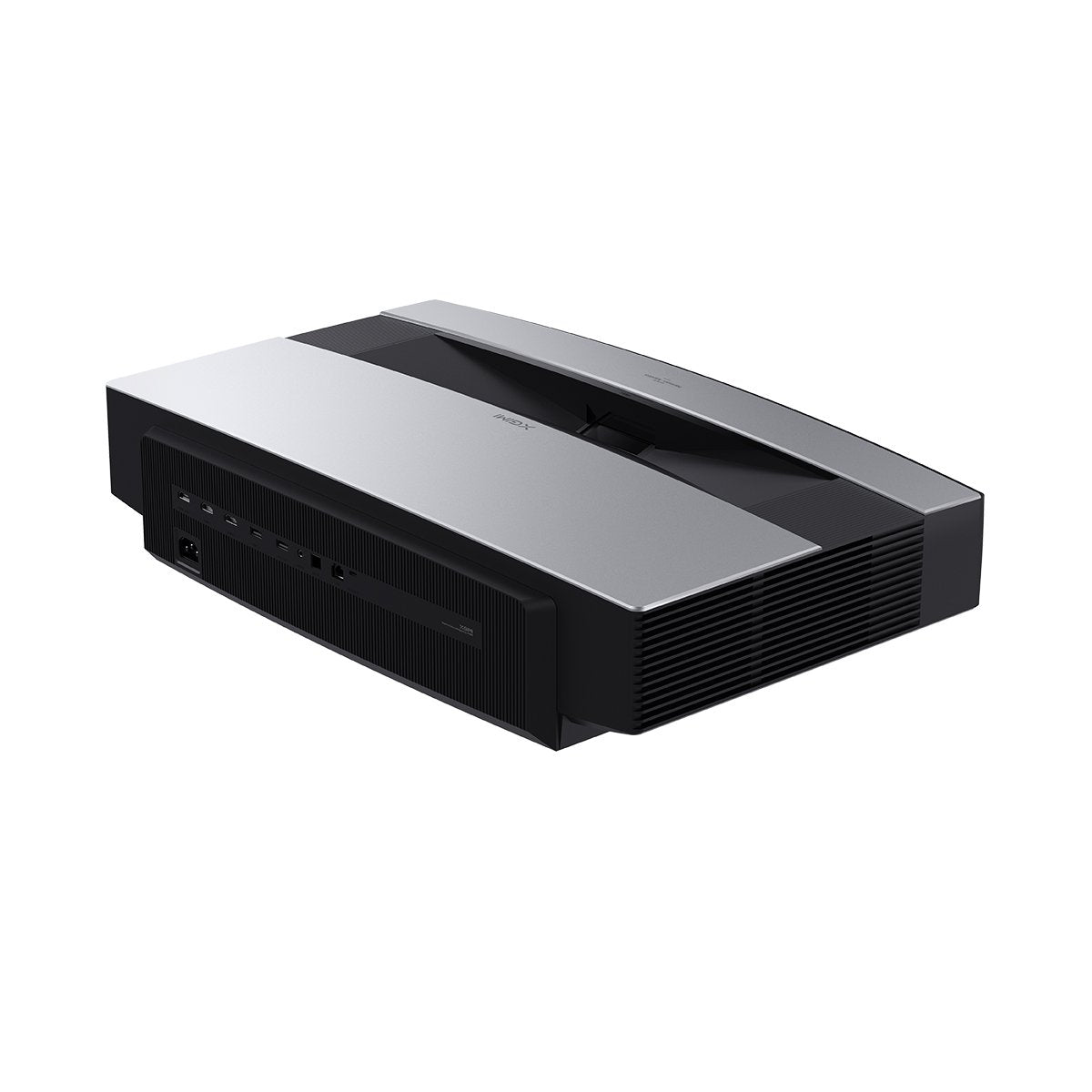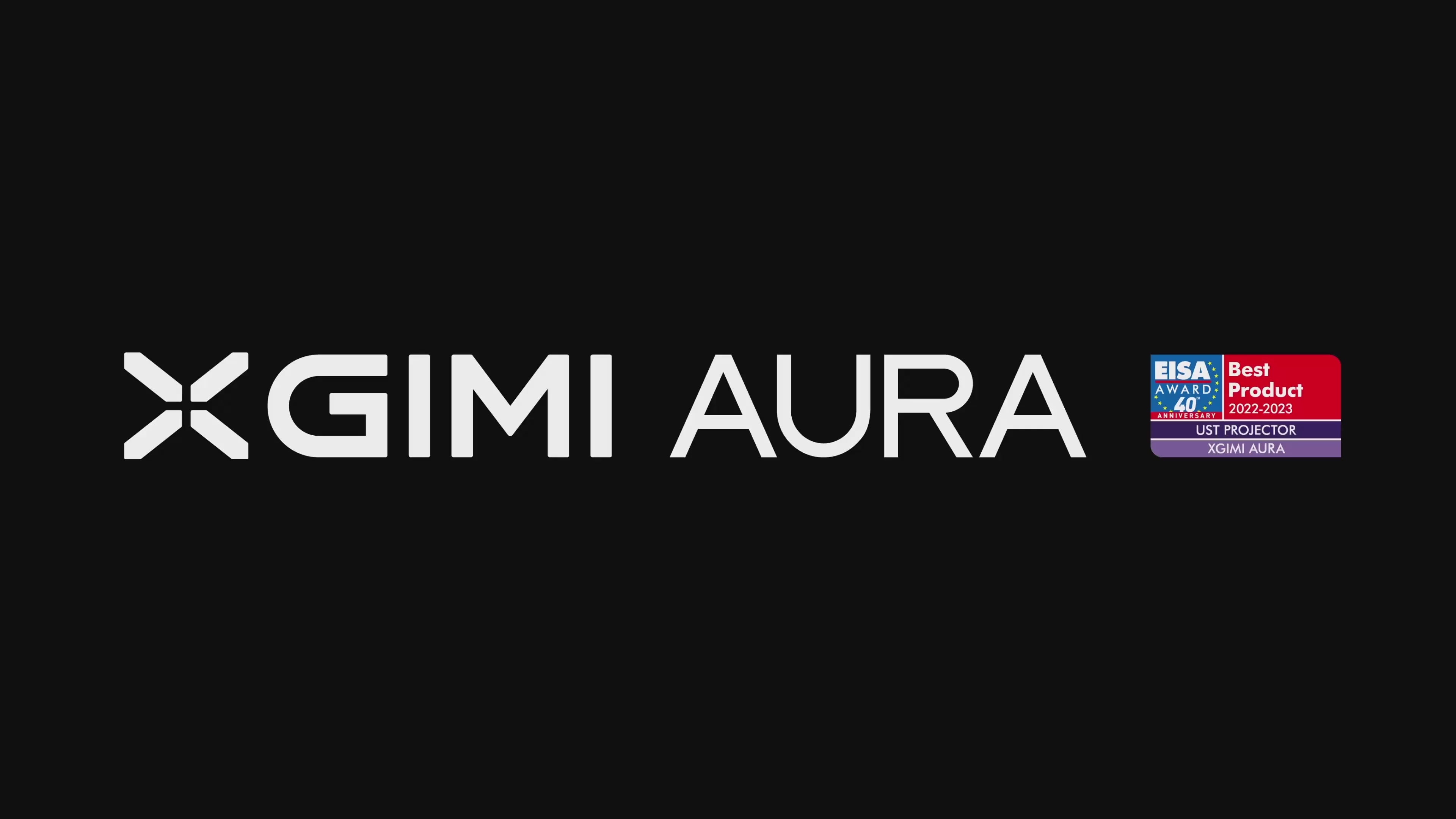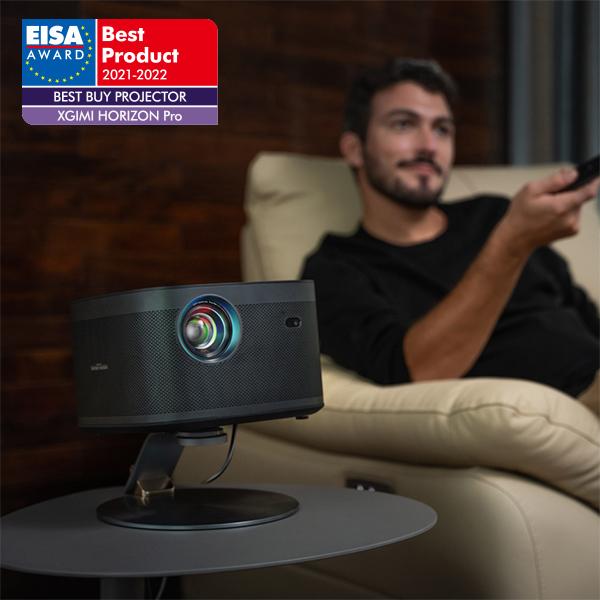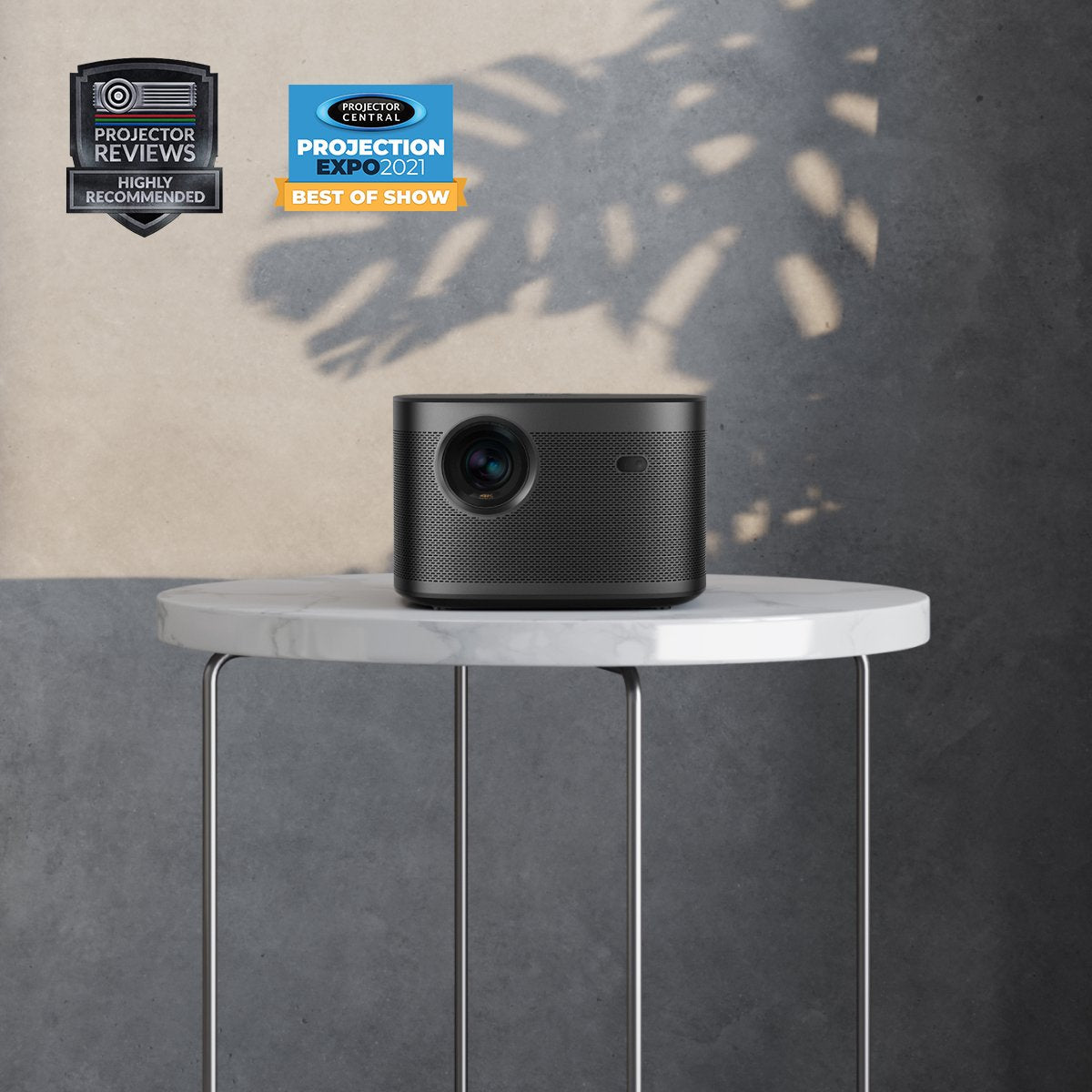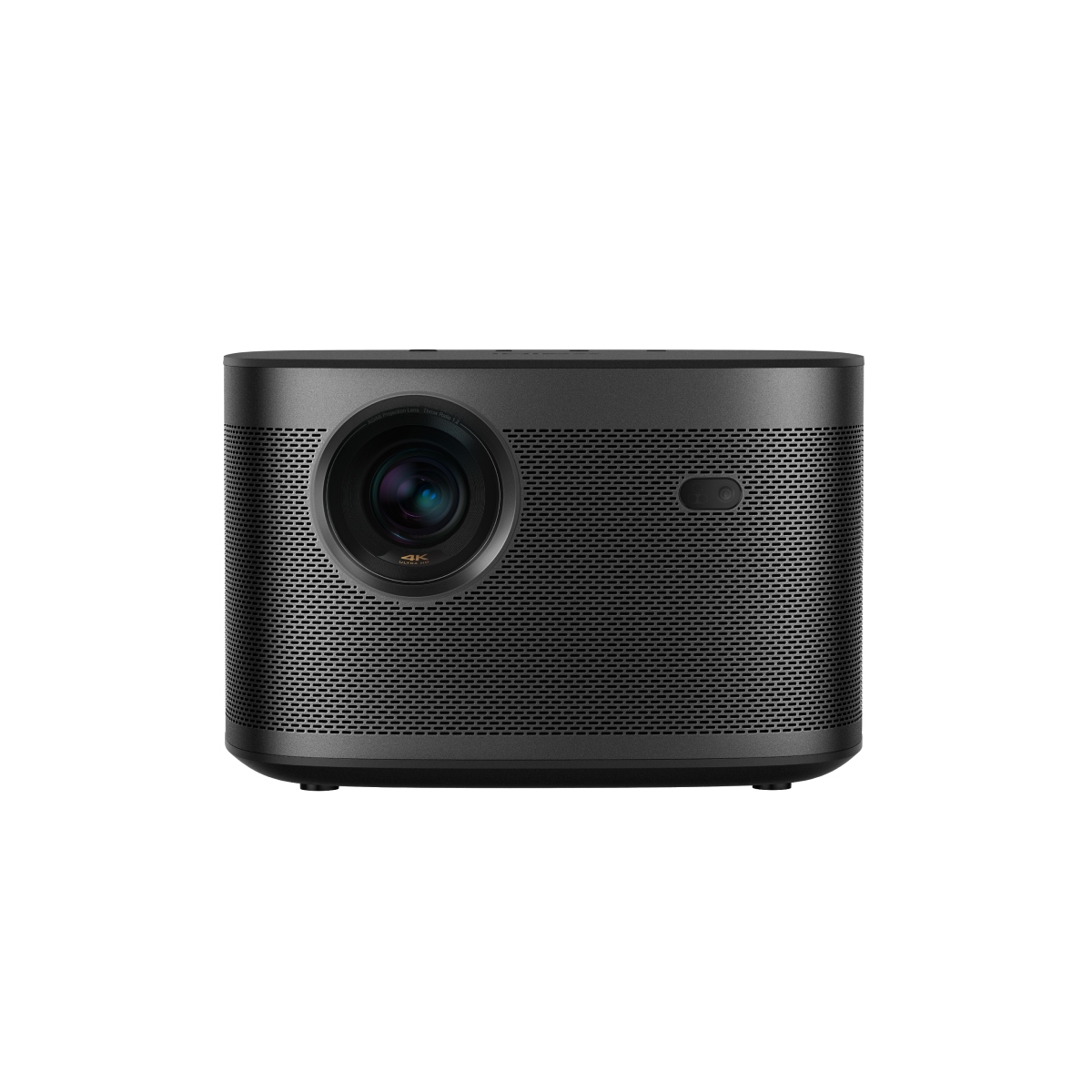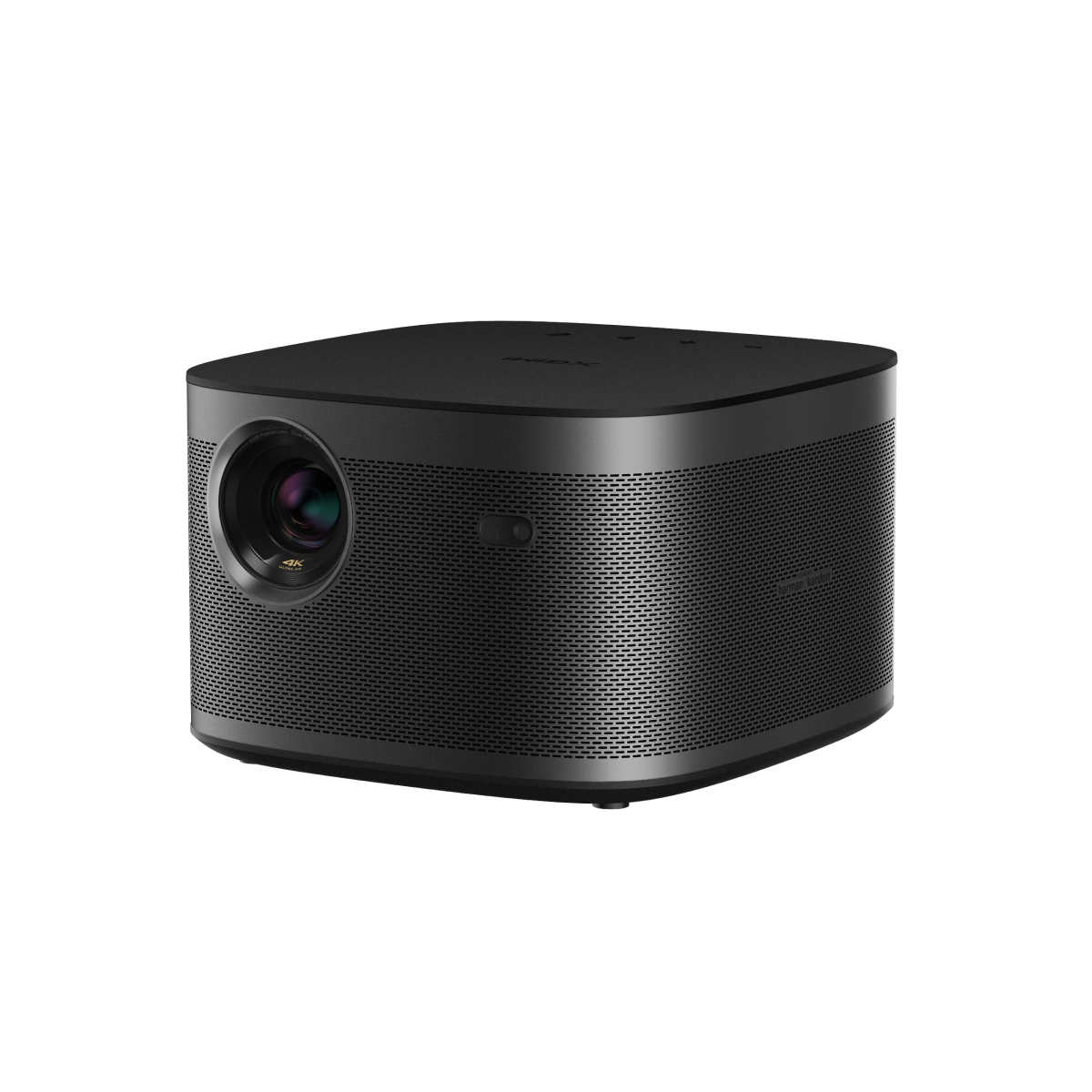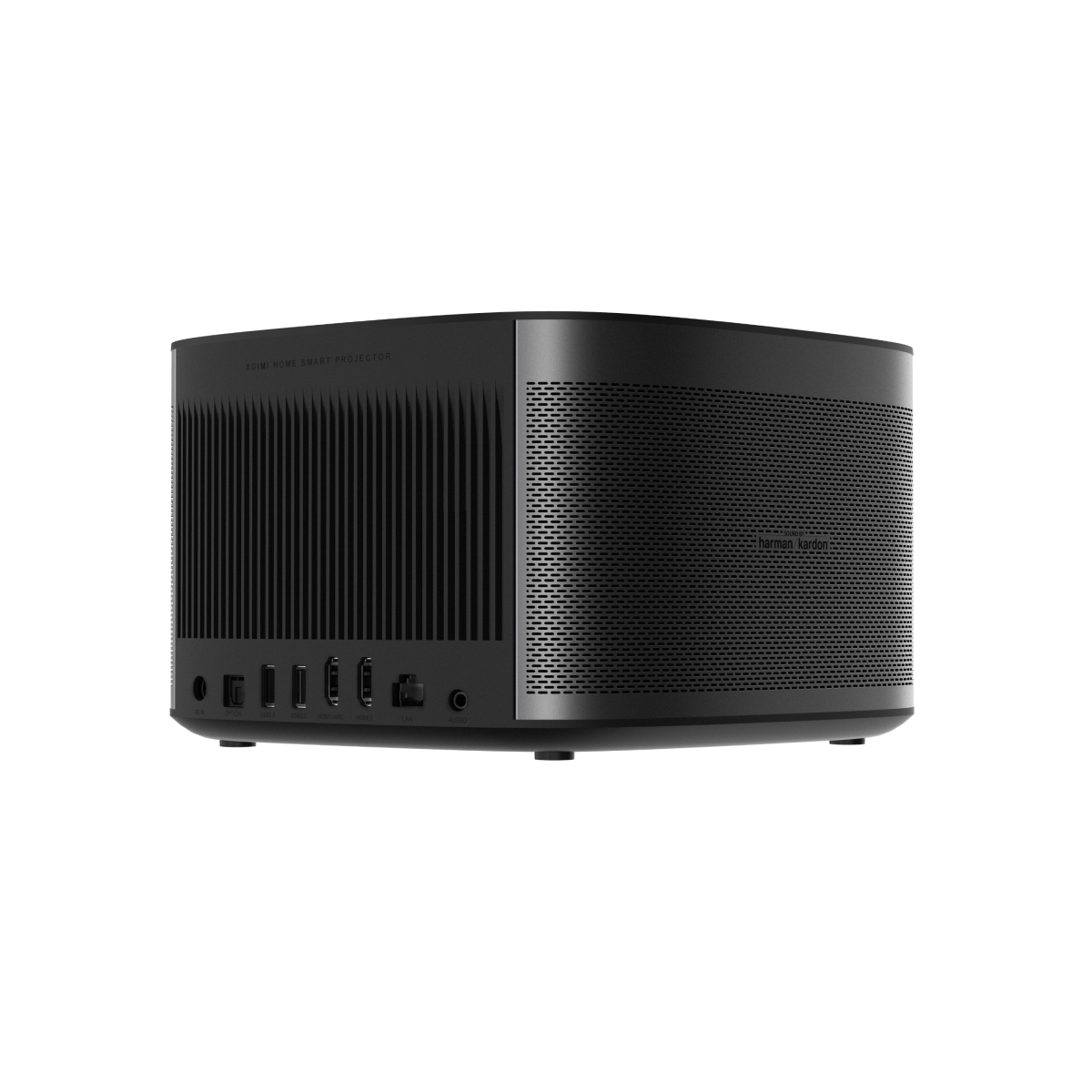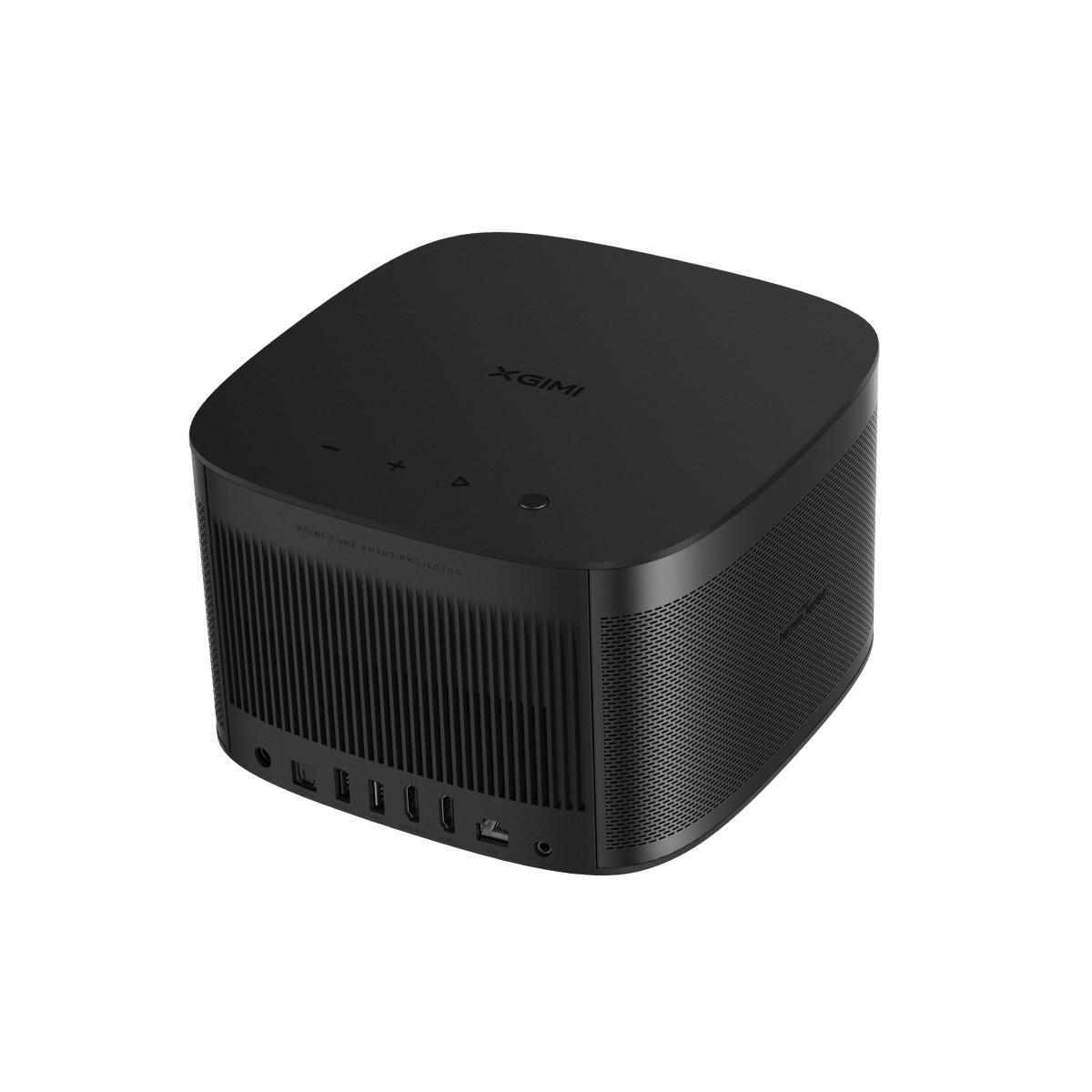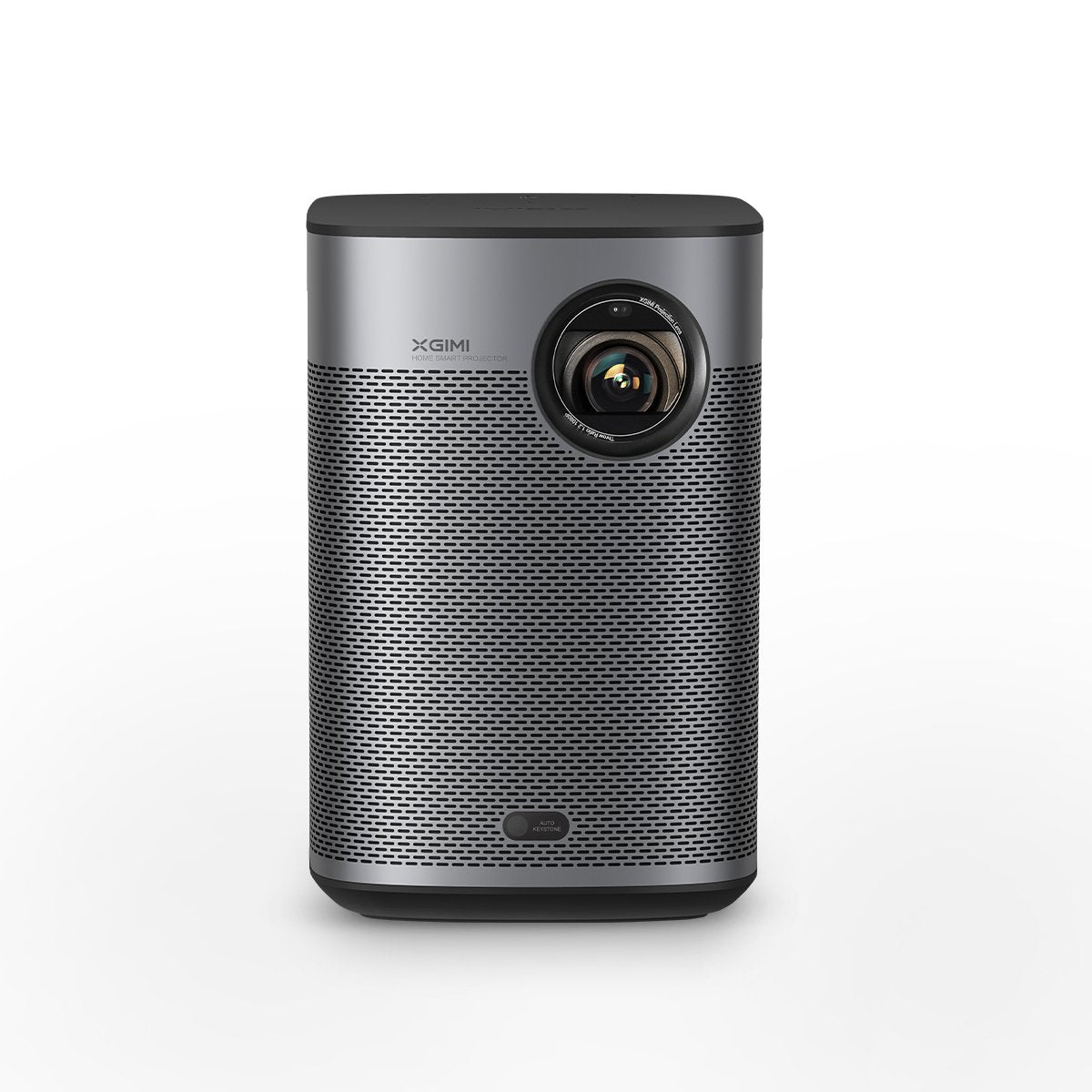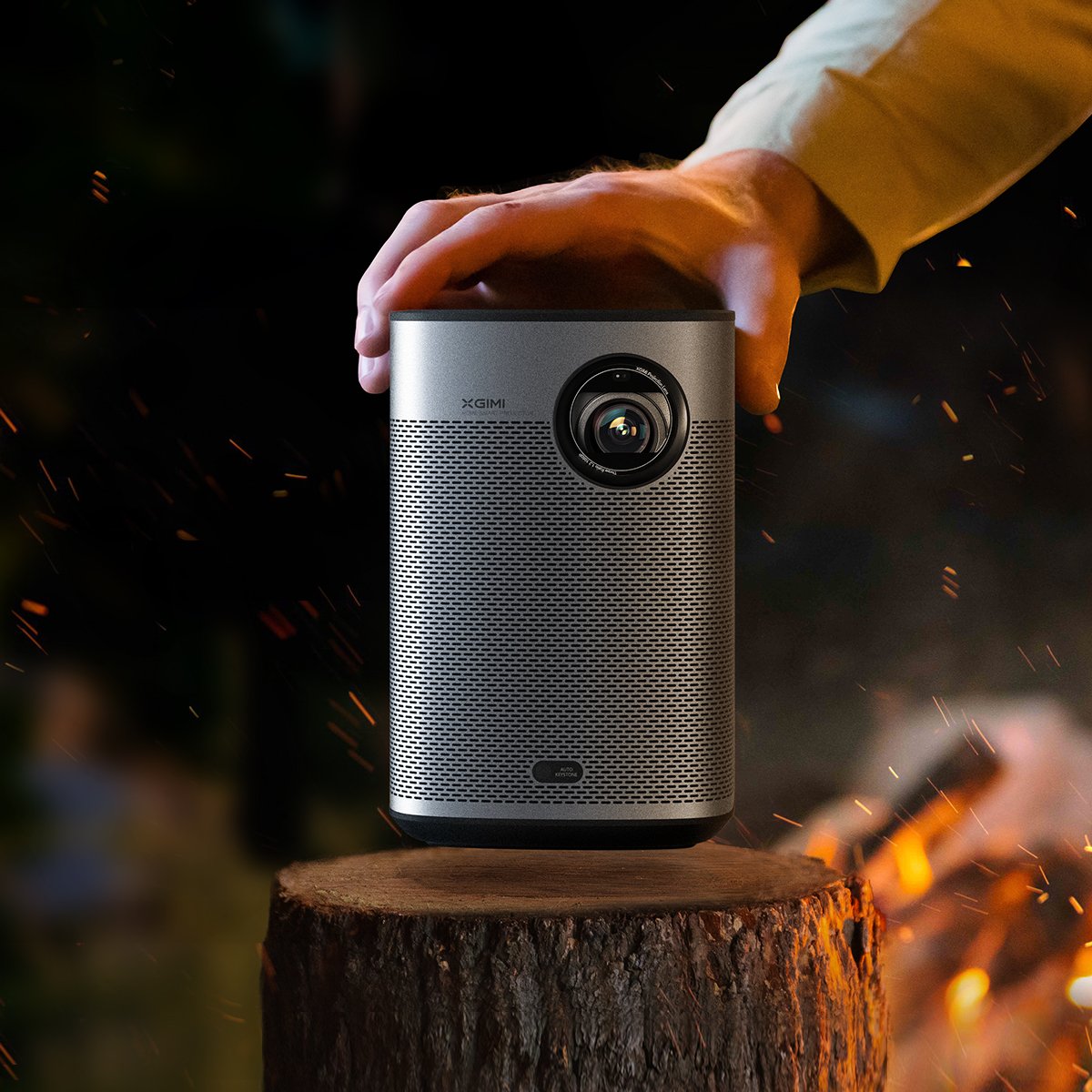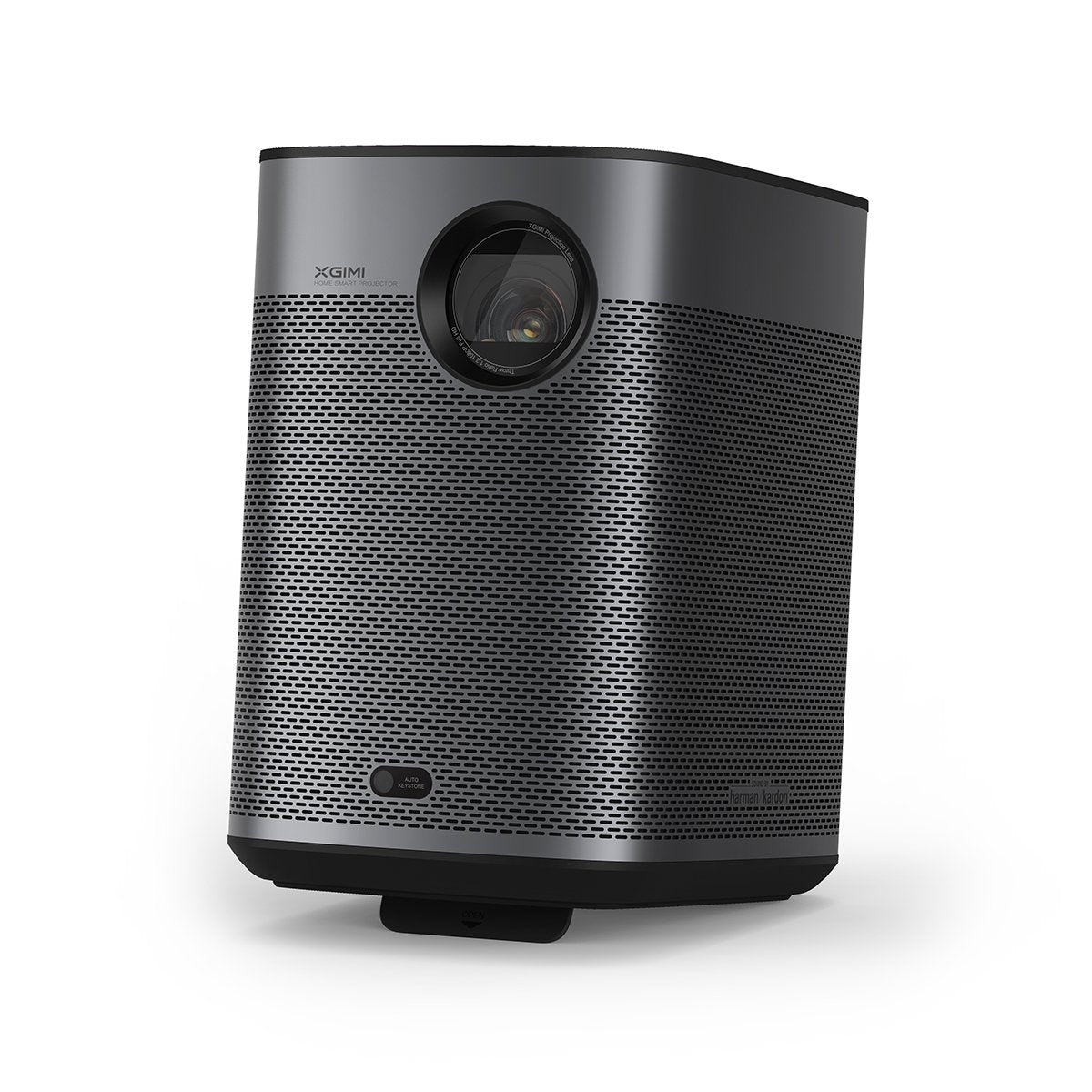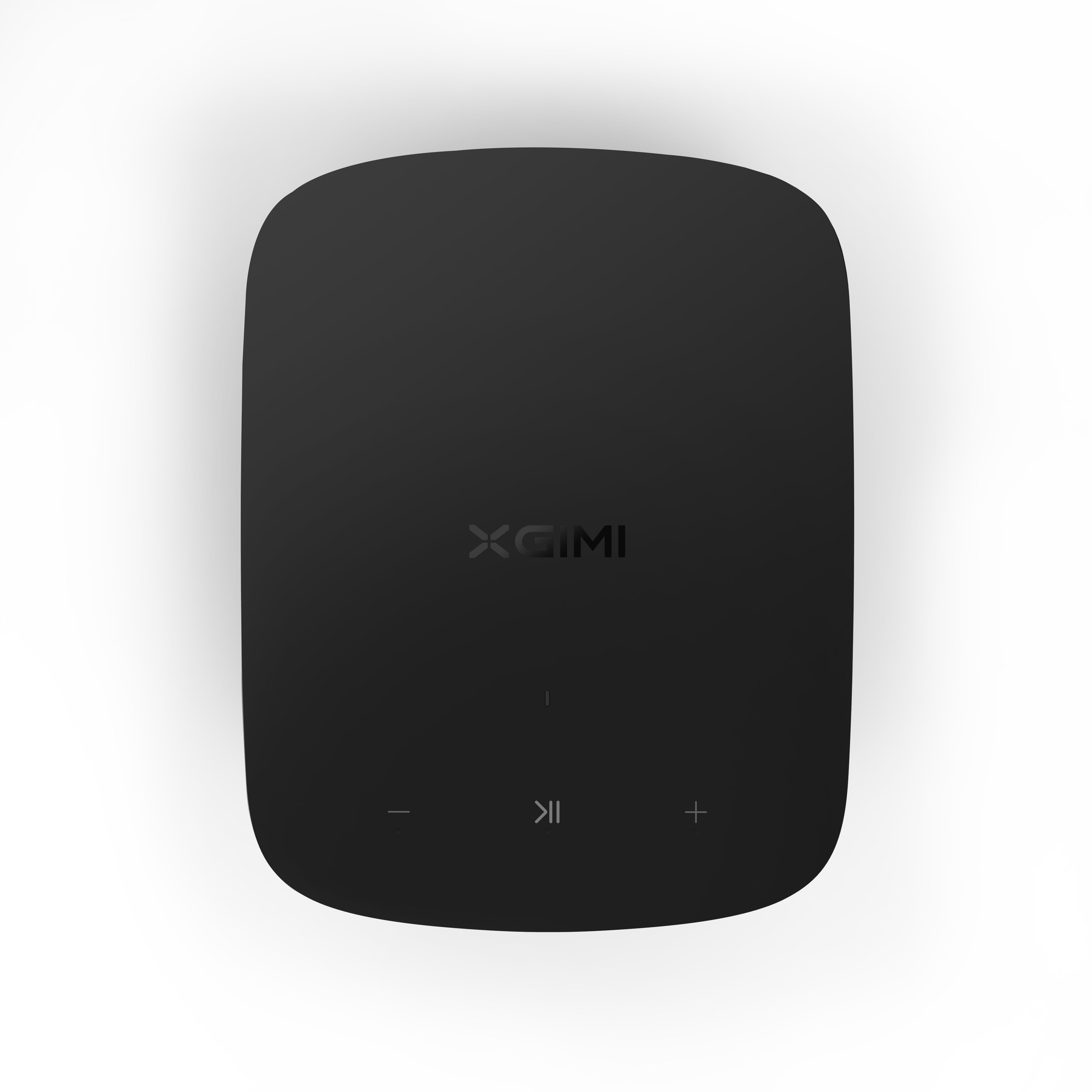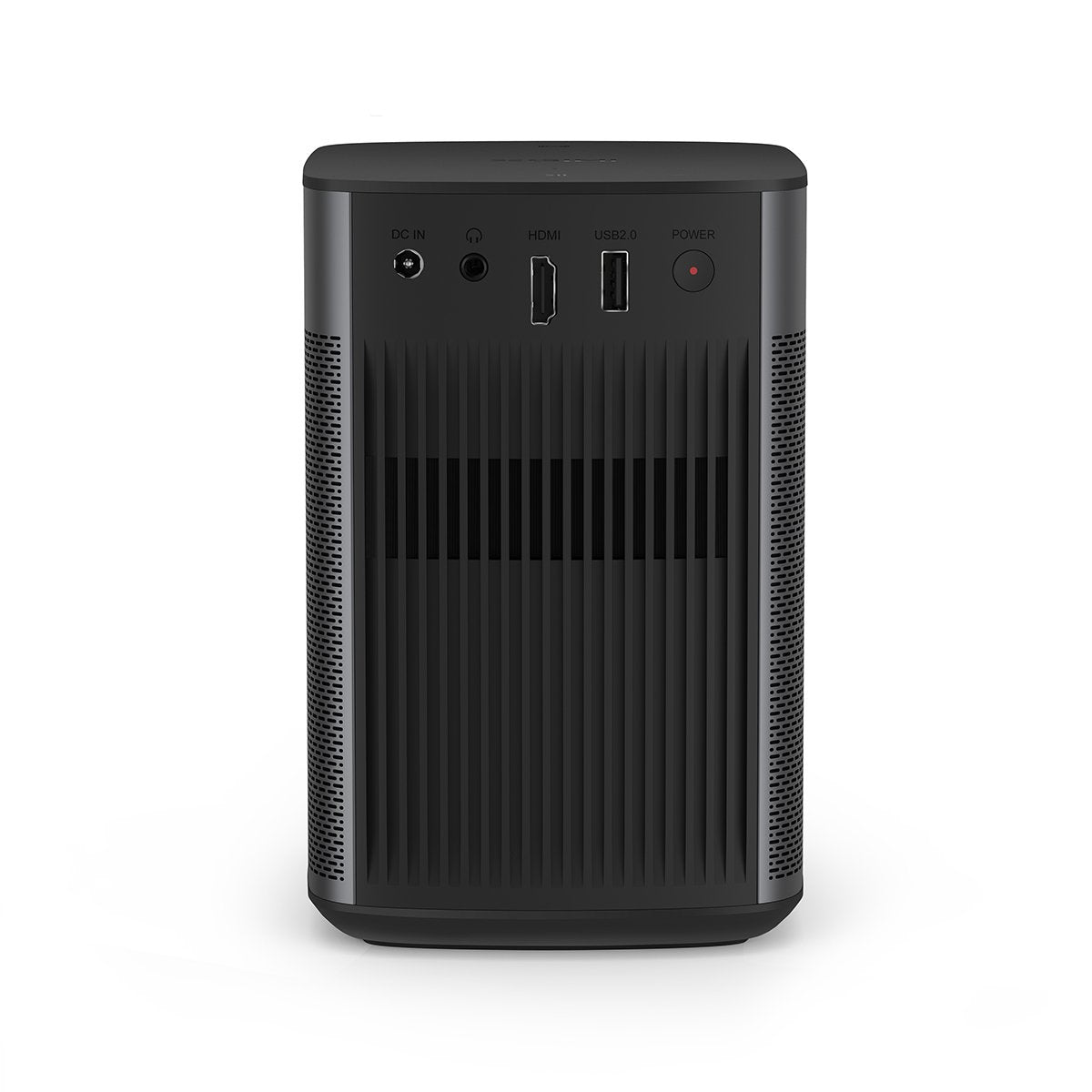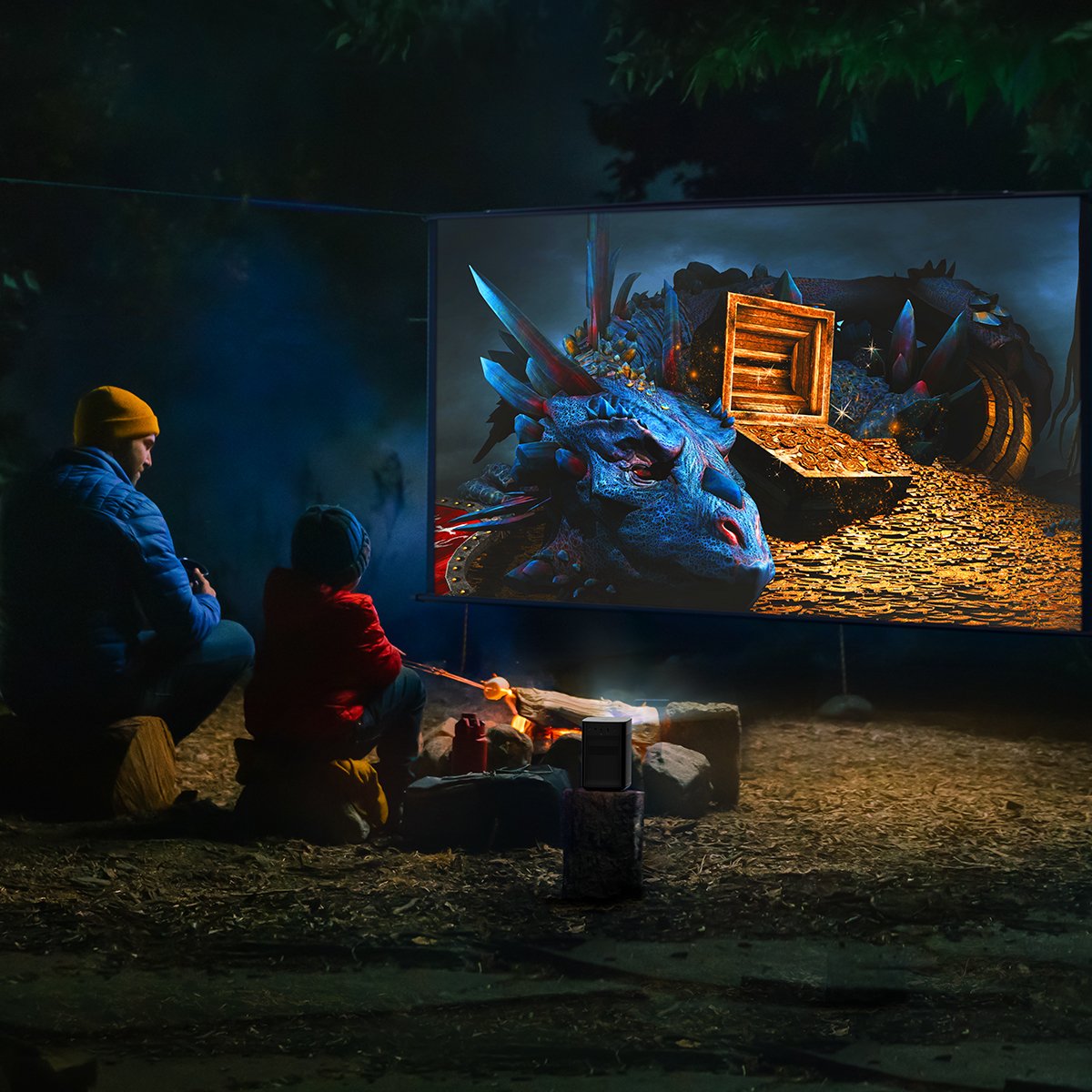Picking the Ideal Projector Aspect Ratio for Your Need
By XGIMI Tech - 2022-11
Introduction to Aspect Ratios for Projectors
Aspect ratios have been a part of television and film since its early years. If you used TVs in the 90s or the 2000s, you should be familiar with the square-like television screen. The near-square-like video format is the 4:3 aspect ratio. As the years wore on, newer generations of TV sets and video content began to favor a wider format, more rectangular than square, and this was the HDTV format, widely known as the 16:9 aspect ratio.
Most projectors today can display video content in different aspect ratios. Home theater projectors, the type you would find in living or home theater rooms, favor the 16:9 aspect ratio as it is the standard for most movies today. Office or board room settings require more professionalism, and the 4:3 aspect ratio appears a better fit, especially if the demand for an immersive experience is not on the high side.
In this article, we will discuss the common projector aspect ratios, compare 4:3 vs. 16:9 with examples, suggest ideal projector aspect ratios based on setting, and recommend XGIMI projectors that offer flexibility in aspect ratios.
What are the Common Projector Aspect Ratios?
What is an Aspect Ratio?
The ratio of the width of a projector's image to its height is known as the aspect ratio. It is a number that expresses the relationship between the dimensions of a projected display and tells you the shape your display will take. For instance, a 16:9 aspect ratio means that every sixteen lengths measured on the display's width represent nine lengths in height and that you should expect a widescreen display when using this aspect ratio.
Common Aspect Ratios
While there are several other types of projector aspect ratios like cinemascope and 16:10, 4:3 and 16:9 are more prevalent in business, home theater, and other applications.
4:3
The 4:3 aspect ratio is the earliest used in broadcast television, film, and computer displays. For a long time, it served as the standard in the United States. Traditional television sets of the non-high definition format, SVGA, XGA, and UXGA projectors display in a native 4:3 format.
Its dimensions are closest to the field of vision of the human eye and are almost like a square. Any display in the 4:3 aspect ratio is 1.33 times as wide as high. For example, if the display height is 50 inches, its width would be (50 × 1.33) inches, which equals 66.5 inches.
16:9
The 16:9 format is currently the most common aspect ratio. Today, 16:9 is the standard for most modern televisions and projectors. Since most video content creators and filmmakers adopt the 16:9 format, most projectors have a default 16:9 aspect ratio. You would find an easy example of a 16:9 screen when you look at a flat-panel television.
Dimensionally, the 16:9 aspect ratio offers a screen 1.78 times as wide as it is high. A 60" high screen, therefore, would have a width of (60 × 1.78) inches, which equals 106.8 inches. The 16:9 aspect ratio was designed to accommodate high-definition resolution and provide a more immersive experience than earlier formats.
4:3 vs. 16:9
Projector screens come with a fixed aspect ratio. Some can be 4:3 or 16:9, and you can quickly tell the difference as one is shaped almost like a square while the other is considerably wider. Projected content also comes in different aspect ratios. For classic television shows or vintage movies, 4:3 is more common, while today's movies and TV shows use 16:9. Here's how both aspect ratios would appear on your projector screen:
● If you have a 4:3 screen (square-like), any video in a 4:3 aspect ratio will fit the screen perfectly, leaving no black borders, while a 16:9 video will not fit the screen, leaving horizontal black borders above and below.
● If you have a 16:9 screen (more rectangular than 4:3), any video in the 4:3 aspect ratio will not fit the screen, leaving vertical black borders on both sides of the display. Video content with the 16:9 aspect ratio will fit the screen perfectly, leaving no black borders.
Also, you can crop (zoom) or stretch videos in other aspect ratios to fit your projector screen, although the image may be visibly altered.

What Aspect Ratio is Ideal for Me?
Choosing the perfect aspect ratio depends on several factors: your projector screen's dimensions, the aspect ratio your projector can support, the nature of video content you want to project, and, most importantly, the room.
Living Rooms
Living rooms have more wall space than most rooms in the home, and people come there to relax. Watching your favorite content with the 16:9 aspect ratio in your living room leaves a more aesthetically pleasing sight than the 4:3 format, especially for movies. A more expansive 16:9 display provides a more immersive display and makes good use of the available wall space.
Home Theater Rooms
Since most movies use the 16:9 aspect ratio, it is ideal for home theater rooms. The wider 16:9 screen captures the filmmaker's intentions better, with more room for objects that the 4:3 format may leave out altogether and an immersive viewing experience that fills the scope of your vision better. Also, the 16:9 aspect ratio can support the highest resolutions.
Bedroom
Like in living rooms, projectors in the bedroom will most likely show movies and TV shows via streaming services like Prime Video, educational content, or abstract images/animations to help you sleep. For movies and today's TV shows, the 16:9 format is ideal as it will give you more fit-to-screen displays, free of black borders, which can be distracting.
Office
For offices and more professional settings, less emphasis lies on high-resolution or immersive viewing. In such settings, a 4:3 aspect ratio is ideal as it is easier on the eyes and great for presentations.
Dorm Rooms
Dorm rooms may have less width to work with than living rooms or home theater rooms, and aesthetics are not exactly a priority. In such settings, a 4:3 aspect ratio is ideal as it works with the available space.
Switch Smoothly Between Aspect Ratios With XGIMI Smart Projectors
XGIMI AURA (4K Ultra Short Throw Laser Projector)
The XGIMI AURA supports multiple aspect ratio formats, being able to display video or photo content in 16:9 and 4:3. The laser projector has an incredible ultra-short throw technology that can produce a 120" display 11.7 inches from the screen or wall and delivers your favorite movies, sports, business, or animated content in 4K ultra-high definition resolution.
Other features of AURA include:
● 2400 ANSI lumens
● Diffused Lighting and Automatic Light Dimming Technology
● Ultra-Short Throw (UST) Technology
● X-VUE 2.0 Image Engine/MEMC
● Harman Kardon sound
● Chromecast built-in/Bluetooth/WiFi
● Android TV™
Learn more about XGIMI AURA here.
XGIMI HORIZON Pro (4K Home Projector)
HORIZON Pro can deliver your favorite content in 4:3 and 16:9 aspect ratios, so you can switch between a standard and a high-definition television format whenever you like. Also, HORIZON Pro delivers crisp and bright displays with its 4K resolution and 2200 ANSI lumens for an immersive viewing home theater experience during the day or at night.
More HORIZON Pro specs include:
● Max 200” Screen
● Intelligent Screen Adaption (ISA) Technology
● MEMC/HDR10
● X-VUE 2.0 Image Engine
● Harman Kardon Sound
● Chromecast Built-in/Bluetooth/WiFi
● Android TV™
Read more on the XGIMI HORIZON Pro here.
XGIMI Halo+ (1080p Outdoor Projector)
Halo+ offers flexible aspect ratios, being able to support 16:9 and 4:3 aspect ratio resolutions. You can enjoy your favorite photo and video content in the desired aspect ratio in the backyard, on a camping trip, or a business trip. Halo is easy to move around, so you can switch between both formats depending on how much space you have to work with. Additionally, Halo+ offers a built-in battery that provides 2.5 hours of video and 5 hours of music when fully charged and can scale up to a screen size of 200 inches.
Other key specifications include:
● 1080p FHD/900 ANSI lumens
● Intelligent Screen Adaption (ISA) Technology
● MEMC/HDR10
● X-VUE 2.0 Image Engine
● Harman Kardon Sound
● Chromecast Built-in/Bluetooth/WiFi
● Android TV™
Learn more about XGIMI Halo+ here.
Aspect Ratios Do Not Obey a One-Size-Fits-All Rule
The 4:3 and 16:9 aspect ratios are the most common formats for projectors today. While the former looks square-shaped, the latter is wider, more rectangular and has succeeded the former as the standard in broadcasting today.
For settings with more width and where a high-resolution display is essential, like in living rooms and home theater rooms, the 16:9 aspect ratio is ideal. The 4:3 aspect ratio is ideal for other settings where aesthetics are not essential and width may not be readily available, like dorm rooms and offices, or wherever you prefer to use.
The XGIMI HORIZON Pro, Halo+, and AURA are powerful home, portable, and laser projectors that can deliver your favorite content in 4:3 and 16:9 aspect ratios. They also have built-in Harman Kardon speakers, 4K/1080p resolution, and image enhancement technology that can deliver a satisfying experience wherever you use them.
Related Products
Enjoy 10€ off Your Next Purchase
Be the first to know about any news and sales!
*By subscribing, you agree to receive XGIMI's marketing emails and XGIMI's Privacy Policy.


